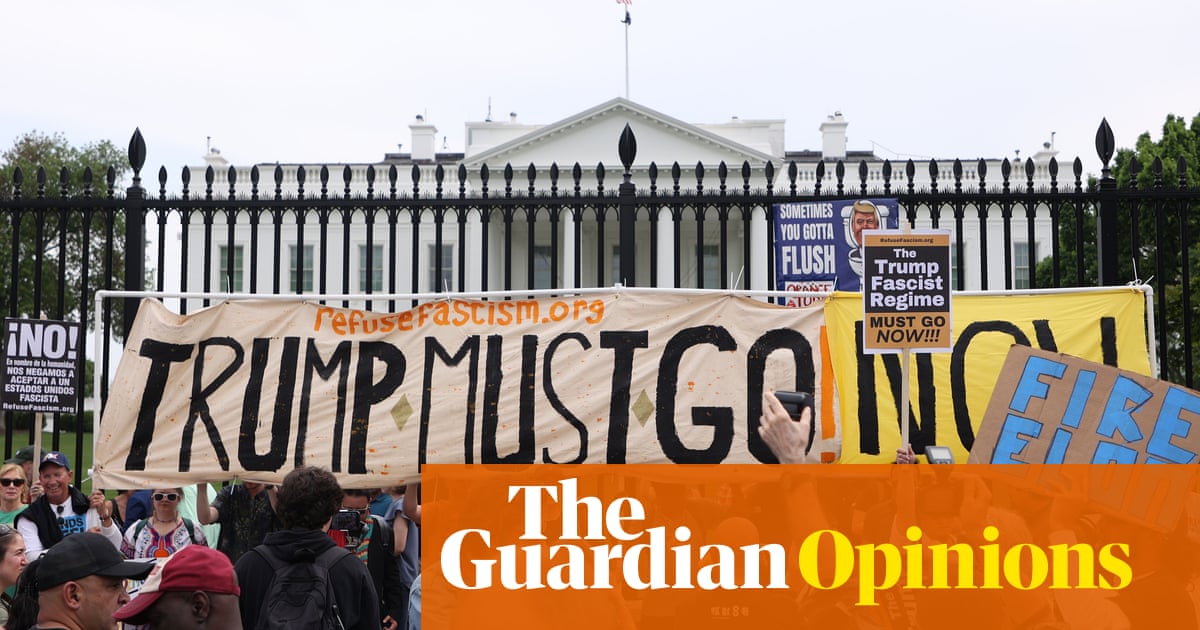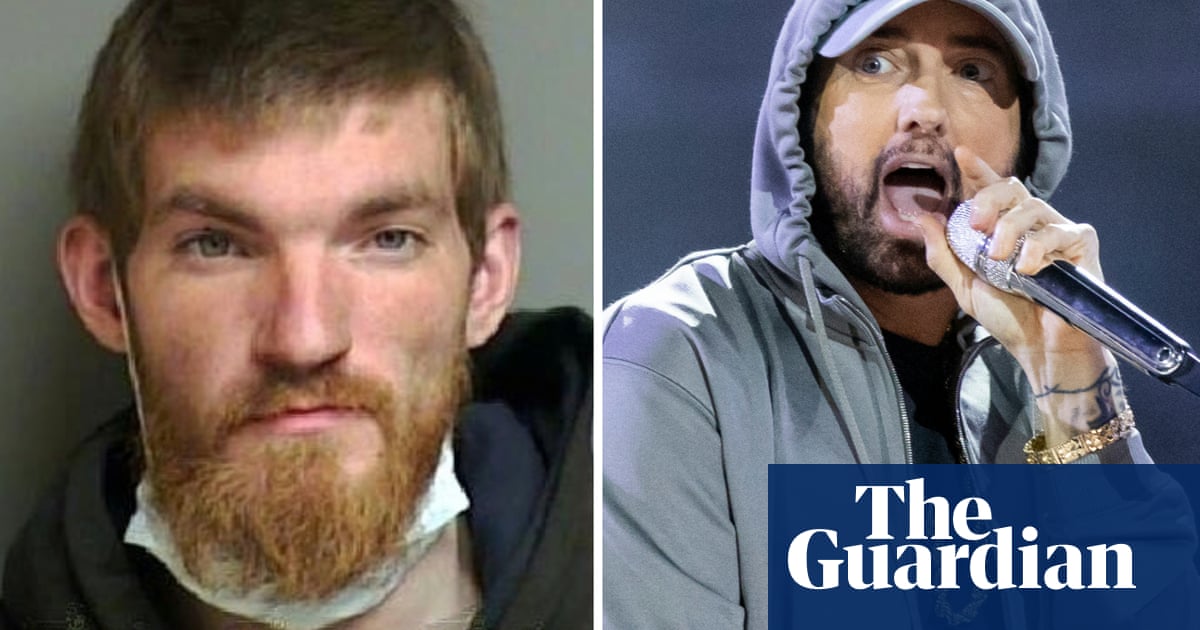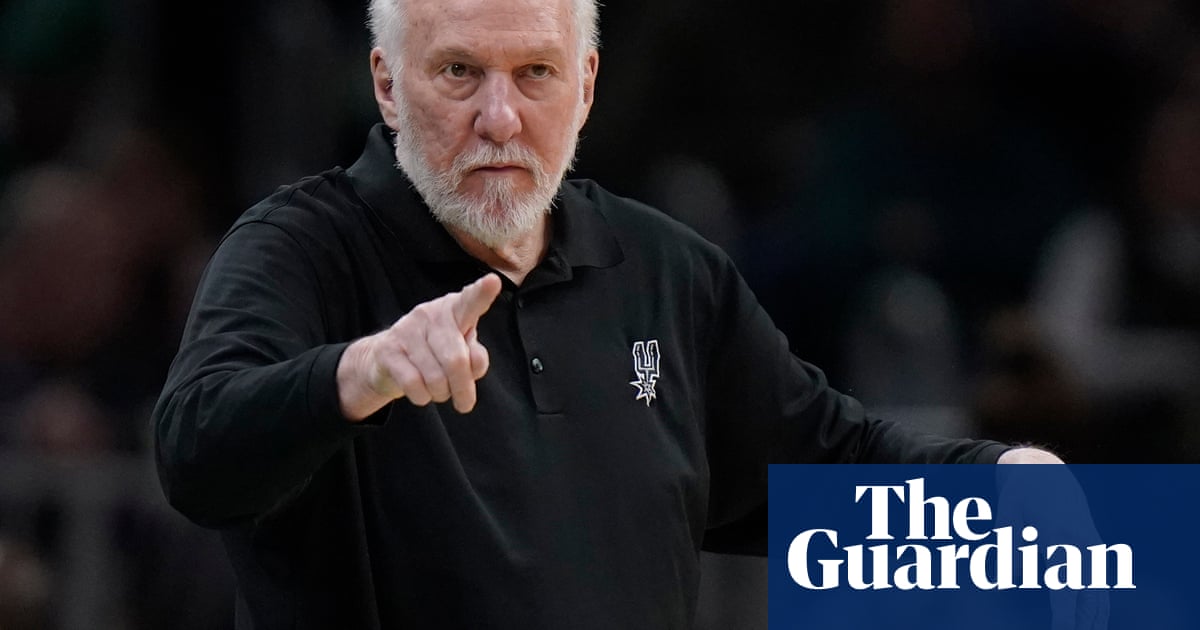I’ve been in a happy relationship for eight years. I have always felt extremely lucky to have met someone so suited to me so young, and many friends and family have remarked on what a special connection we have.
This sense of security was rattled recently when I met someone towards whom I felt an immediate and strong attraction. The attraction was not just physical. This new person and I had many shared interests and conversation chemistry. I felt an intense desire to keep them in my life, hoping the attraction would die down. Unsurprisingly, it didn’t work like this – the more I talked to them, the more the feelings developed. After exchanging long messages daily, it dawned on me that I was having an emotional affair.
I decided to cut contact, saying I felt our contact was a betrayal of my partner. This involved admitting my feelings and being told they were reciprocated.
Now I’m left trying to figure out what happened and how guilty I should be. I feel terrified of telling my partner in case it leads to insecurity and mistrust. At the same time, I feel sad that this new connection, which felt so unique and special, had to die out before it even really begun.
I’m in my early 30s but I suddenly feel much younger. Do you have any advice about how to manage this situation morally or emotionally?
Eleanor says: It’s very unlikely that in a long relationship you’ll never once feel attracted to anyone else. It’s not the having of the crush that betrays your partner in monogamous relationships, it’s the way you interact with it.
One way it gets out of hand is if the feeling gets confused for a veridical report on its object. People are weirdly bad at this. They think, “look how much I’m feeling!” and infer, “look how much better this person is than my partner!” But a rush of attraction is always more than a response to a particular person. It’s also a response to rapport, potential, to newness – both theirs and ours.
There’s nothing wrong with that, necessarily. You can enjoy a feeling without taking it to be a truthful representation of its object. It goes wrong when people don’t spot that’s what is going on – like a lovesick Narcissus, transfixed by the image of a better life, staring until you topple headfirst into shallow waters.
Another way attraction goes awry is if you start pulling time and excitement away from your long-term relationship and redirecting it to the crush. You notice this starting to happen; this risks becoming self-fulfilling. We put less effort into a relationship, look at our dwindling feelings and go, “This relationship must be waning – look how much less it’s causing me to feel!” This is a spectacularly bad inference, like pedalling less on a bike and taking its deceleration as proof the bike has lost potential. Your relationship with your partner is at least half constituted by you: of course when you put less in, it starts to feel worse.
Were (and are) you sensible about those risks? If so, I think the attraction itself doesn’t need to be a site of excessive guilt.
Admitting your feelings was the dicey part. That created an “us” outside your relationship defined by knowing things your partner doesn’t. That’s the heart of an emotional affair; that’s what makes people feel they’ve been made a fool of. But a lot lives in the details. Was the message “you’re so tempting I can’t be near you” or “I value my partner more than this”? One leaves this person with the impression they’re more exciting than your partner. One makes it clear that they’re not.
Reasonable minds will differ on whether you’re obliged to disclose this. I think the bigger rule is: you only get to keep this private if you’re confident it’s not an ongoing threat. It’s one thing to spare your partner fear about a crush you’ve already resolved to extinguish. But you also talk of “feelings”, present tense, and we don’t get to keep accepting a partner’s loyalty while we figure out whether to return it.
So can you be confident this isn’t a threat – can you commit to ensuring it isn’t?
You say you feel poignant it had to end. You’re right, there’s a cost there. But you get something in exchange for paying it. The price of a monogamous long relationship is that neither of you explores other connections; that’s how you get the reciprocal reassurance and devotion that comes with being together as a choice, as well as a reaction. You can’t get that value without paying its price (and your partner pays it too).
Maybe one way to handle this emotionally and morally is to focus on what it is about your relationship that makes the trade worthwhile.
You don’t have to run screaming from this experience. The more you do, the more you’ll teach yourself this is such a terrifyingly big deal it cannot possibly be understood or accommodated. Instead of switching between guilt and fascination about the attraction itself, try to focus on how you handled it – and how you’ll choose to handle it from here.
The reader’s letter has been edited for length

 3 months ago
72
3 months ago
72













































